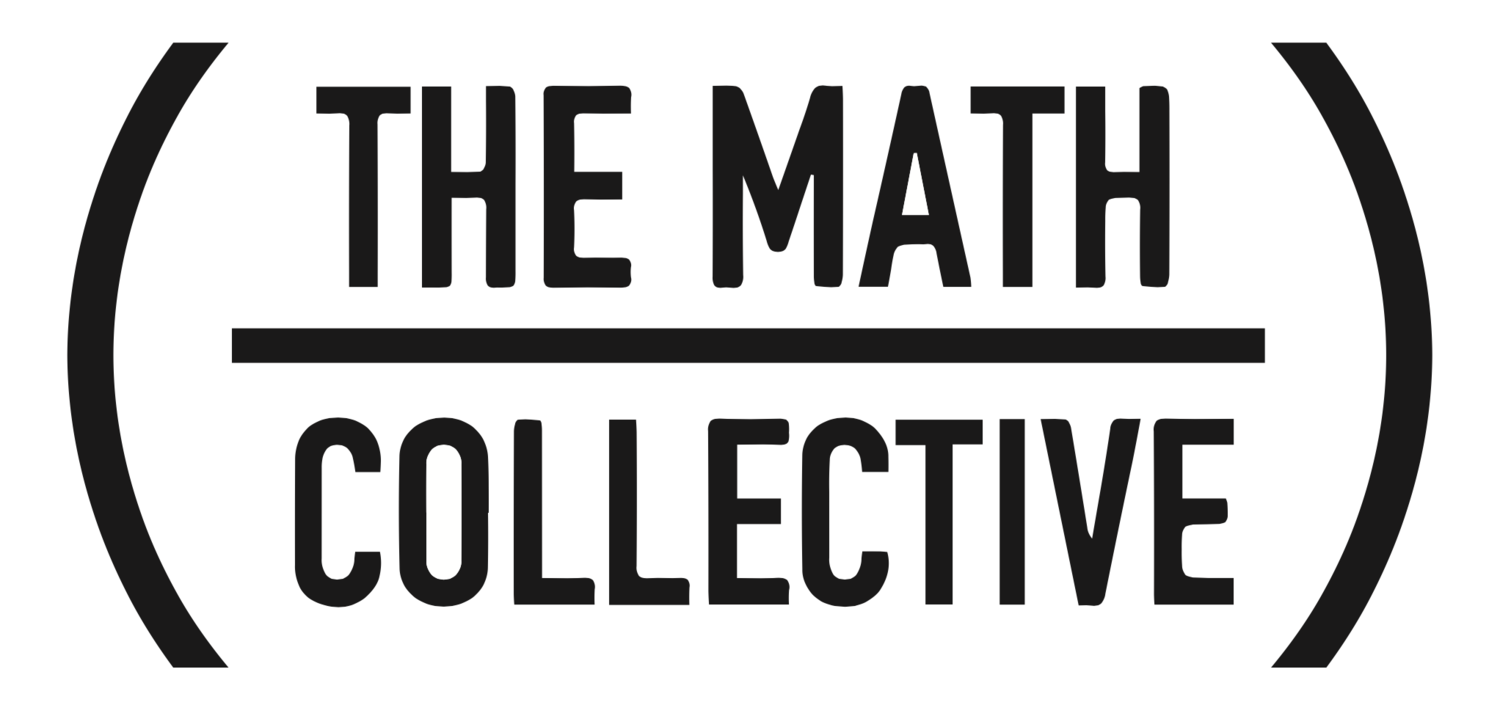Why a Math Collective?
The seeds of the Math Collective were laid in 1998, when a team of New York City educators put a powerful idea into action: math communities are necessary for the development of math teachers and coaches. Organized by Director of Mathematics Lucy West in Manhattan’s School District 2, a series of bi-weekly meetings brought math teacher leaders and coaches from across the city together to talk about teaching, learning, and mathematics.
In 2003, Region 9—which oversaw District 2—saw the benefit of these communities and expanded them into other districts in the region, including the South Bronx, East Harlem, and the Lower East Side. Schools had funding for math coaches, and Region 9 organized over 100 of them to participate in math meetings, hold lesson studies, and help teachers dig deep into their math curriculum. As the DOE shifted schools into networks, a group of progressive schools joined the Brevetti Network. In response to mandated interim assessments, math activists worked with Math in the City to create a design team to develop and field test assessment items (DYO), which were then used by over a hundred math activists who met three times a year to consider them in practice.
Then, in 2007, a source of equity disappeared. The Regions were disbanded. Funding for math coaches dried up. The math meetings stopped. The strong bonds between schools within and across districts weakened and often broke.
But many schools associated with the Brevetti Network, later led by Alison Sheehan, pledged to continue what they had started with Region 9 and the DYO work. They created a teacher position for a math facilitator: Kate Abell, a coach in the South Bronx, and a veteran of the early meetings with Lucy West and Region 9. Kate continued the conversations and collaboration that were a hallmark of these math communities. The Math Collective was born.
In the 10 years since its founding, the Math Collective has brought dozens of schools across 10 Districts together in a common discussion about mathematics teaching. Bi-weekly math leader meetings have continued to push educators to understand student thinking and the progression of mathematical ideas. Lesson studies have assembled teachers to witness public teaching and share common experiences.
Today, the Math Collective brings its work to schools throughout the city. We work in partnership with the new Manhattan and Brooklyn North Field Support Centers, which connects us to an even wider group of schools. Together, we create opportunities for students all across New York City.
